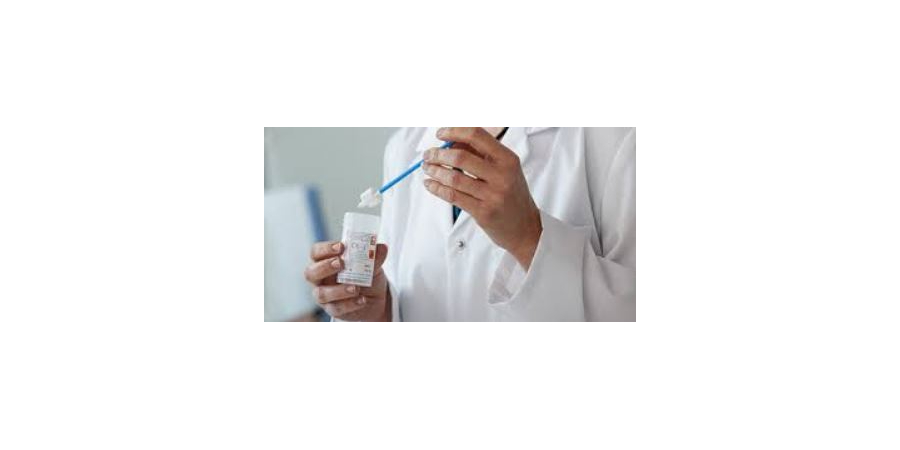22 August 2022
I am once more sharing an article about cancer and especially because the article refers to screening programs that can help find cancer early, but unfortunately, such regular screening tests are not yet in practice in the Solomon Islands, which to my thinking, needs to become preventive medical practice and procedure as part of SI medical services as soon as practicable.
I again request either Australia, the USA, or the New Zealand Governments to aid the SIMHS and the National Referral Hospital (NRH) by funding and creating screening programs and centers where preventative medicine practices and procedures can be conducted.
Quoting MSM
There are many types of cancer, and each can present signs differently or in some cases not at all. This can make diagnosis difficult, particularly in the early stages when symptoms may be subtle. Some types of cancer are more aggressive than others, making them more challenging to treat. However, it is essential to remember that even the most challenging cancers can be beaten with early detection and treatment.
Cancers of the blood, such as leukemia, can be tough to diagnose because they do not always cause noticeable symptoms. The same is true for some types of brain cancer. By the time these cancers are diagnosed, they may have already progressed to an advanced stage. This can make treatment more difficult and significantly reduces the chances of survival.
Other types of cancer, such as ovarian cancer, can be challenging to diagnose because their symptoms are often mistaken for other conditions. Many women do not seek medical help until cancer has progressed to a late stage. While there have been significant advances in ovarian cancer treatment in recent years, early diagnosis remains the best chance for survival.
While some cancers are more challenging, it is essential to remember that all cancers can be treated effectively if caught early. Regular health check-ups and self-exams can help ensure that potential problems are detected and dealt with quickly. Even the most difficult cancers can be beaten with timely diagnosis and treatment."
Microsoft and partners may be compensated if you purchase something through recommended links in this article.
Don't Smoke
"There are many ways in which not smoking can reduce your chance of getting cancer," Dr. Mitchell says. "First and foremost, avoiding tobacco use altogether is the best way to lower your risk. If you do smoke, quitting is the best thing you can do for your health. Quitting smoking reduces your risk of cancer, as well as many other diseases. In addition, not smoking also protects those around you from the harmful effects of secondhand smoke. Breathing in even a small amount of secondhand smoke can increase your risk of developing cancer. Not smoking also helps to keep your body healthy and reduces your risk for other diseases. When you don't smoke, you give your body a chance to repair the damage that smoking has done. This means that your body is better able to fight off diseases, including cancer. So, there are many good reasons to avoid smoking and to quit if you do smoke. Your health will thank you for it!"
Eat a Healthy Diet
While there is no surefire way to prevent cancer, research shows making healthy lifestyle choices can significantly reduce your risk. One important factor is what you eat. A diet high in fresh fruits and vegetables, whole grains, and lean protein can help keep your body strong and boost your immune system. Staying away from processed foods, sugary drinks, and excessive amounts of alcohol can also help to lower your risk. In addition to eating a healthy diet, maintaining a healthy weight and getting regular exercise are also important factors in reducing your chance of cancer. By making simple changes to your lifestyle, you can make a big difference in your health."
Get Regular Exercise
"Exercise has many well-documented benefits, including improved cardiovascular health, a stronger immune system, and a lower risk of obesity. However, exercise can also reduce your risk of developing cancer. Studies have shown that regular exercise can help to prevent the development of cancerous cells, and it can also promote the death of existing cancer cells. In addition, exercise helps to reduce inflammation throughout the body, which can further reduce the risk of cancer. While more research is needed to determine exactly how exercise protects against cancer, there is no doubt that regular physical activity can have a profound impact on your overall health."
Get Regular Screenings
"One of the best ways to reduce your risk of cancer is to get regular screenings. Screenings can help to find cancer early, when it is most likely to be successfully treated. They can also help to find precancerous conditions, which are abnormal changes in the body that may lead to cancer. By getting regular screenings, you can help to ensure that any cancer is found and treated as early as possible. In addition, getting regular screenings can also help to educate you about your own risk factors for cancer. By knowing your risks, you can take steps to reduce them. For example, if you have a family history of cancer, you may be able to lower your risk by making lifestyle changes or taking medication. Regular screenings are an essential part of staying healthy and reducing your risk of cancer.
Early detection is key to successful treatment, so be sure to schedule regular screenings for cancer, especially if you have a family history of the disease. By following these tips, you can reduce your risk of developing cancer and improve your overall health."
End of Quote.
Source – MSM
Yours sincerely
Frank Short



